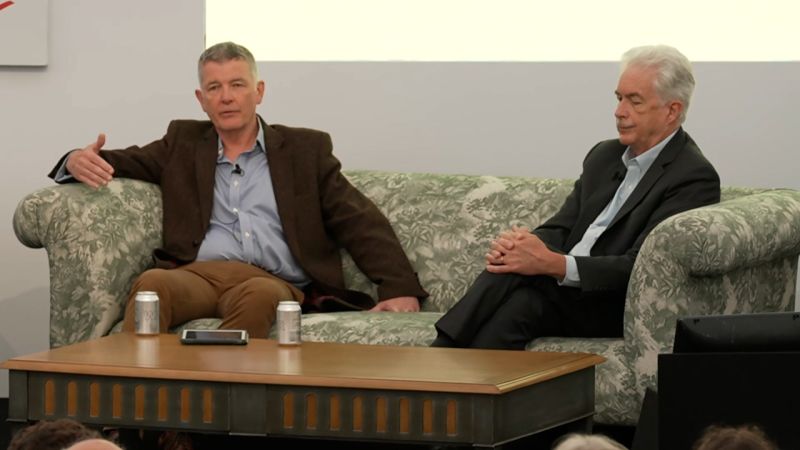 The tensions from the recent war in Gaza have worsened an already strained relationship between Bedouins, a semi-nomadic group in Israel, and the Israeli government. Bedouins have been living in Israel for centuries, but have faced marginalization and discrimination for decades. As Israeli settlements expand, Bedouin communities are often moved or demolished, adding to feelings of hopelessness and frustration.
The tensions from the recent war in Gaza have worsened an already strained relationship between Bedouins, a semi-nomadic group in Israel, and the Israeli government. Bedouins have been living in Israel for centuries, but have faced marginalization and discrimination for decades. As Israeli settlements expand, Bedouin communities are often moved or demolished, adding to feelings of hopelessness and frustration.
Bedouins have reported that they are metaphorically ‘suffocating’ with the current situation. The recent Gaza conflict has only exacerbated the situation, with many of them expressing feelings of being caught in the crossfire between Hamas and Israel, without any real political representation or voice. Historically, Bedouins were once nomadic travelers, but today most of them live in settled communities, where they often lack basic services like water, electricity, and access to education.
The Bedouin issue hasn’t received the same level of international attention as the Palestine-Israel conflict has due to a variety of factors, including political dynamics and the fact that Bedouins have often tried to stay out of politics. However, their situation is an important part of the wider conversation about socioeconomic inequality, territorial disputes, and long-term solution for peace in the region. Public awareness about their plight could lead to a better understanding of the broader historical and sociopolitical contexts of the Israeli-Arab conflict.





